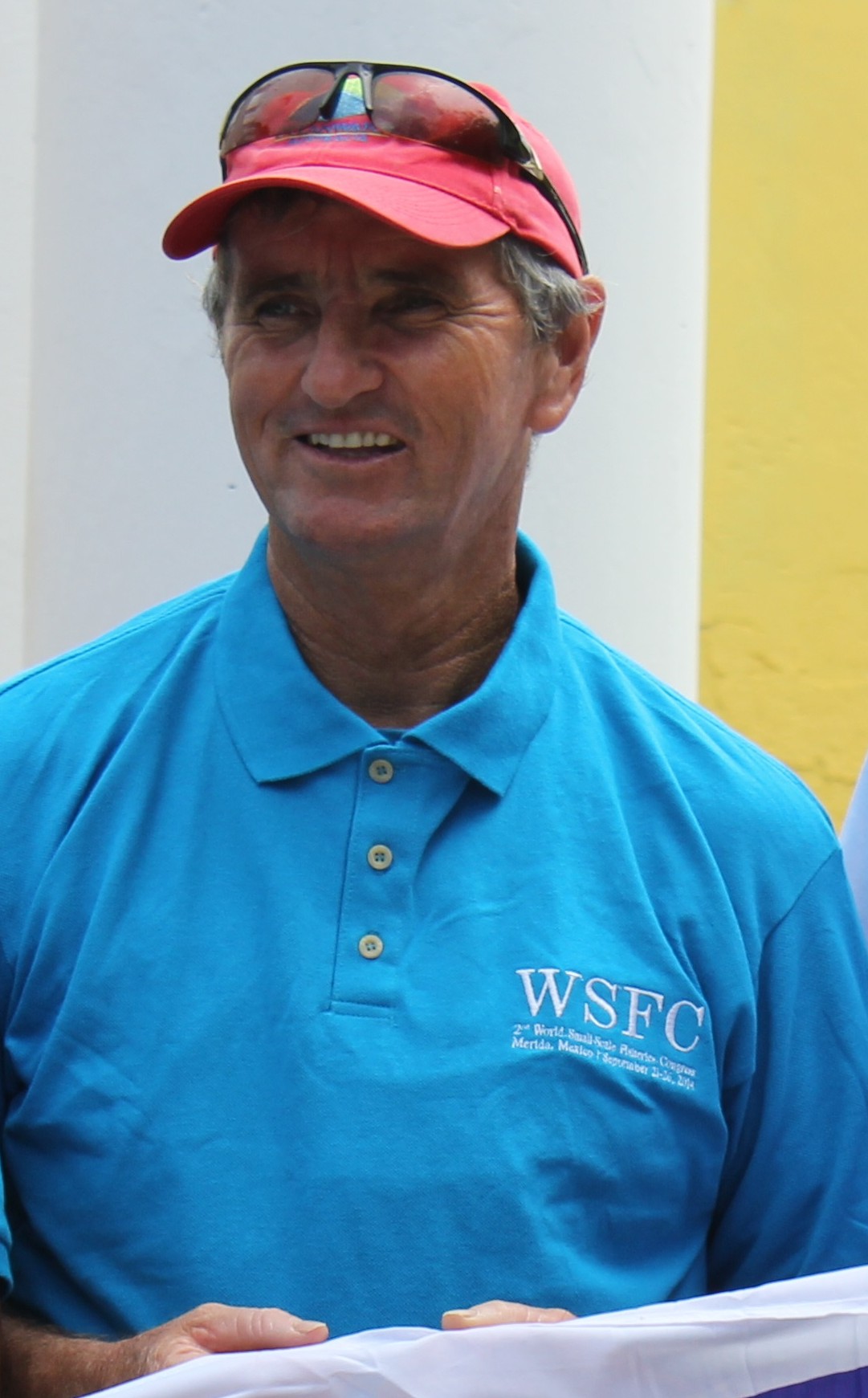
Country: Australia
Ever since he was a small boy growing up in a coastal community, Graham took an interest in marine animals and fish and learned early to catch, clean and fillet fish. His heroes were the local paragons of fishing who caught and sold their produce in the local markets and he knew he wanted to do the same and take pleasure in providing the highest quality fish for people to enjoy eating. Graham has fished commercially now for 44 years and fishes for inshore species such as thread fin salmon, spinner sharks, mullet, and lesser mackerels. Graham has recently been acknowledged as one of a small group of Reef Guardian net fishers through the Great Barrier Reef Marine Park Authority’s Reef Guardian project because of his careful approach to fishing and his custodial responsibilities.
We asked Graham and his wife Margaret, who has been working alongside Graham for a number of years, a couple of questions about their work:
What are you currently working on within the context of SSF?
GS and MS: The newly elected Queensland state government brought with it a policy of reallocating inshore fisheries to recreational only access in a bid to increase fishing tourism and recreational and charter fishing, by implementing a network of net-free zones in addition to those areas already excluded to Queensland’s small-scale net fishers. This policy has led to increased marginalisation of these commercial net fishers because they were not included in discussions held prior to the government formulating this policy which so heavily impacts their livelihoods. Nor has the relevant minister been willing to meet with affected fishers even in his own electorate. Even though the government has set aside money which was to be used for combatting identified threats to the well-being of the Great Barrier Reef to compensate the fishermen, they feel victimized with having no say over their own futures as small-scale fishers as though they have no rights at all. Many of these fishers will have no areas to fish without moving long distances away from their established homes and families. Graham and his wife, Margaret, have been busy seeking support from the public through getting signatures on petitions, striving to educate others about net-fishing practices and lobbying relevant politicians and other stakeholders.
If you could single out one or two most significant factors for securing sustainability of SSF, what would these factors be?
GS and MS: Governments in the Western world need to also take responsibility for establishing global food security by acknowledging that their food producers also play a vital role in contributing to that effort and to put regulations in place that protect them from parties who would impact small-scale fishers security and therefore compromise global food security for their own ends. These governments need to acknowledge small-scale fishers as important professionals who not only help to feed the world’s populations but whose extensive experience and anecdotal evidence of delicate balances and relationships in natural marine ecosystems can help us all to better understand the world around us and our inter-connectedness with and interdependence upon the marine environment.















